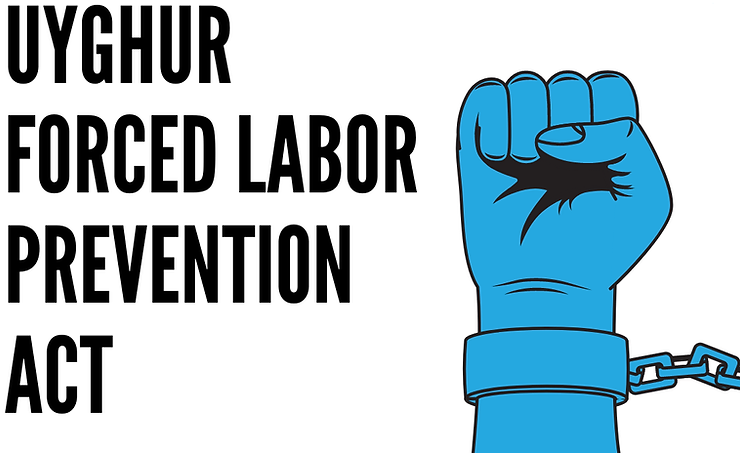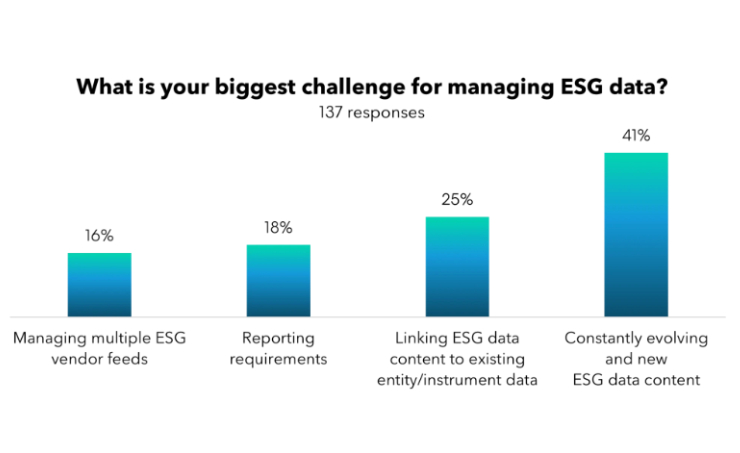The adoption of the Uyghur Forced Labor Prevention Act (UFLPA) by the United States on 21 June 2022 will go down in the annals of anti-slavery, heralding a new chapter for the human race.
The provisions of the law are very stringent, with a ban on all companies profiting from importing goods tainted with Uyghur forced labour into the USA. Alternatively, several organisations like Anti-Slavery International worked behind the scenes by forming a coalition with four hundred rights groups and investors from more than forty countries to see its fruition. Currently, they are urging companies from dumping Uyghur forced labour goods in the markets of the EU and the UK for want of stringent laws compared to the US. They are also imploring other world governments to introduce stronger import laws to arrest its development.
Decoding the Act
It is pertinent to mention that ascertaining and ensuring the supply chain is free from Uyghur forced labour is challenging owing to the Chinese authorities’ pervasive and stringent surveillance coupled with a widespread campaign to silence and intimidate the populace. Hence, keeping in view the provisions of the Act, the US Custom Authorities will presume that all products or products produced using raw materials like cotton and polysilicon (used in solar panels) found in the Uyghur Region were manufactured using forced labour, disallowing all imports from this region unless the importers can provide adequate evidence to the contrary.
The Act does not get restricted to the Uyghur region alone. It also considers other areas across China where the Uyghurs were forcibly transferred to work in factories.
The Necessity of Strong Laws Worldwide
The Act makes it mandatory for the supply chains to be free of Uyghur forced labour from all the products imported into the US. To circumvent this mandate, the companies could bisect the supply chains forming two instead; a clean supply chain for the USA and the other tainted for the rest of the world. It necessitates the adoption of stringent laws in the countries worldwide as there could also be a possibility that importers to the USA will have the opportunity to re-export products blocked from entry into the USA to these countries. The following could assist until the rest of the world comes up with its version of law comparable to the US.
-
Urge all companies to apply the UFLPA standard across their entire global supply chain.
-
The public should seek assurances from companies to remove Uyghur forced labour from their supply chains.
-
Monitor companies closely for the circumvention of UFLPA.
Advantages of Integrating ESG
The UFLPA is a watershed moment in history, giving humanity a chance to redeem itself from this blot on the human race. The world needs to act now with the countries forging enduring partnerships to fight the scourge of forced labour together. Concerted efforts in this direction and the implementation of stringent anti-slavery laws will assist in coordinating and streamlining global efforts to rid our world of modern-day slavery.
References
1. Image Source- Babur (2021) ‘CFU Celebrates House Passage of Uyghur Forced Labor Prevention Act’, 9 December. Available at https://campaignforuyghurs.org/cfu-celebrates-uflpa-house/ .










